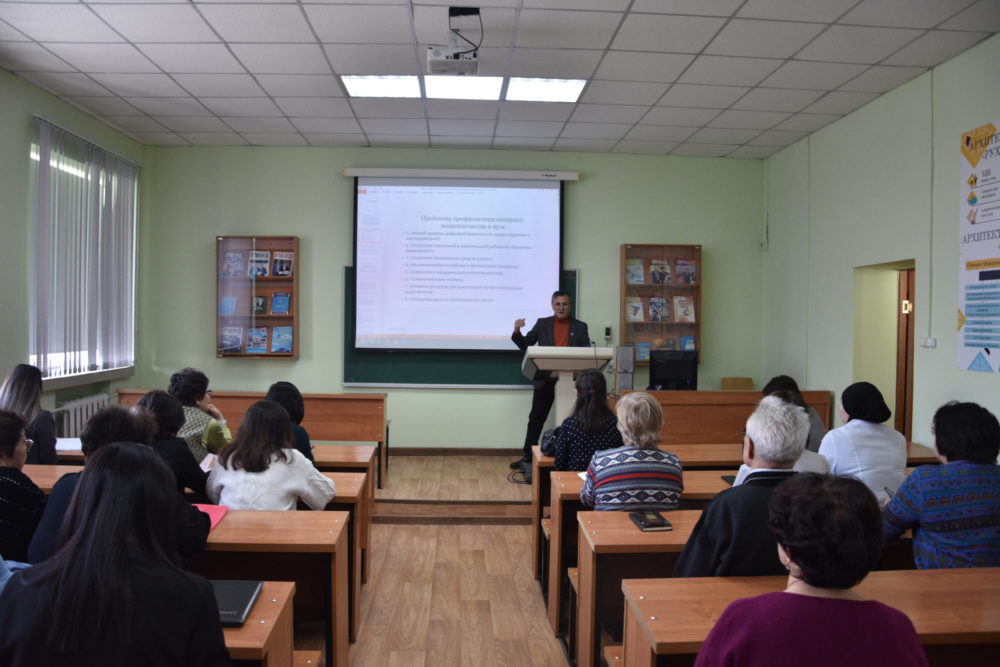On January 13 of this year, the traditional training seminars of the Bolashaq Academy – 2025 began.
The first speaker of the seminar was A. Kabzhanov, Head of the Department of Legal and Financial Disciplines, with the topic “Prevention of Internet fraud in higher education institutions”.
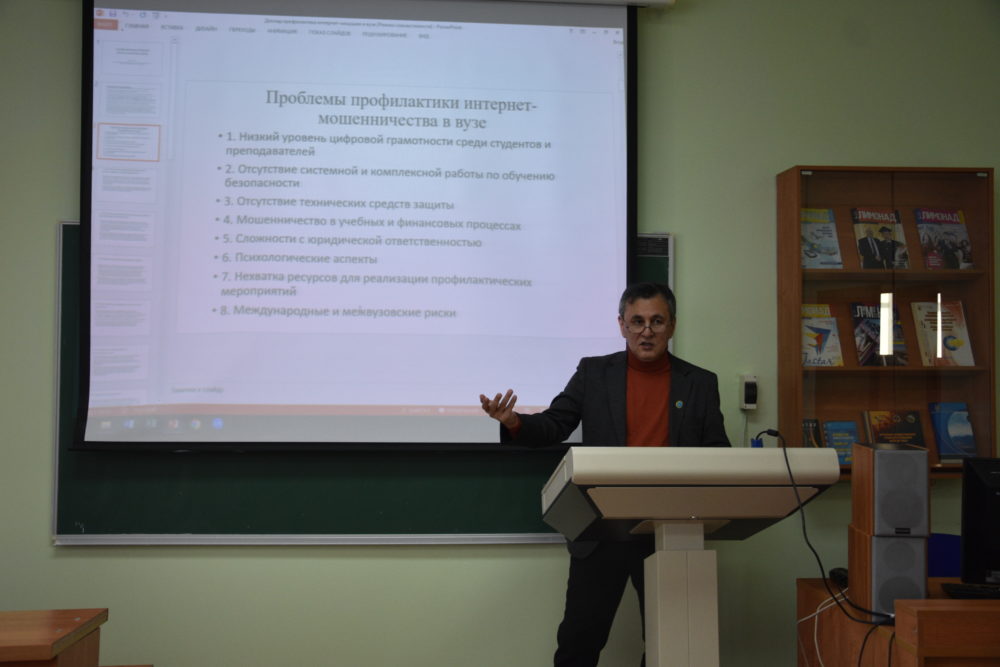
Preventing online fraud in universities is an important task that requires an integrated approach aimed at raising awareness among students and teachers, as well as implementing effective technical and organizational measures.
Universities, as educational institutions, are one of the most vulnerable segments on the Internet, as they actively use a wide range of online resources and services, which creates opportunities for fraudsters.
The Internet, being the largest means of information exchange, at the same time generates a rapid increase in crimes related to the use of information technology.
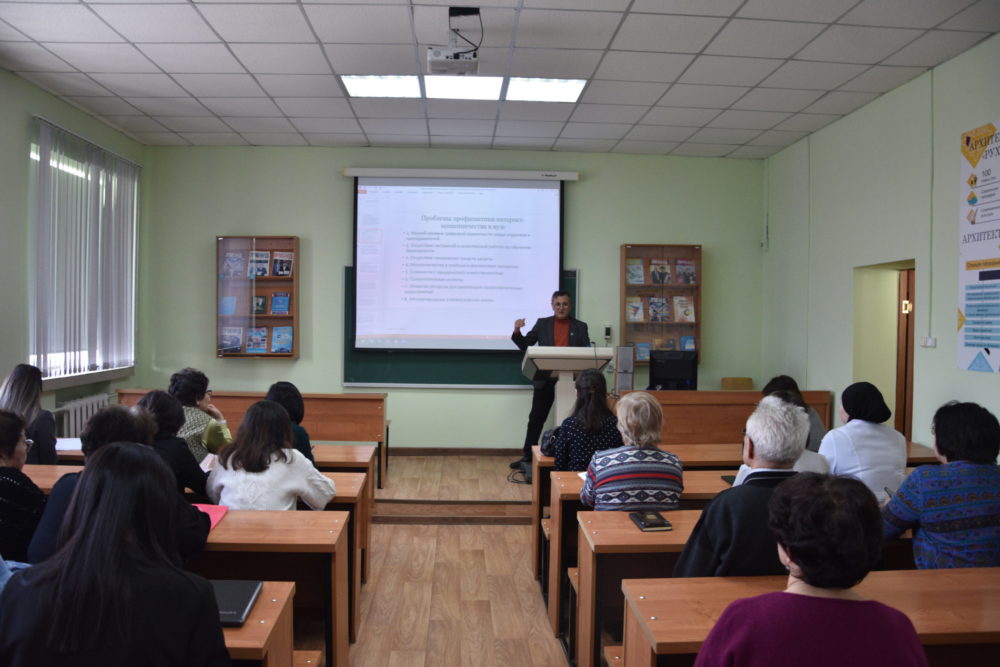
Problems of prevention of Internet fraud in higher education institutions.
- Low level of digital literacy among students and teachers
- Lack of systematic and comprehensive work on safety training
- Lack of technical means of protection
- Fraud in educational and financial processes
- Difficulties with legal liability
- Psychological aspects
- Lack of resources for the implementation of preventive measures
- International and interuniversity risks
Internet fraud and personal data protection in Kazakhstan.
Internet fraud and personal data protection in Kazakhstan is an urgent problem, especially in the context of the growing use of digital technologies and online services. With the development of the Internet, the number of threats related to data leaks, phishing, and fraud, which is aimed at stealing personal information in order to commit financial crimes, is also increasing.
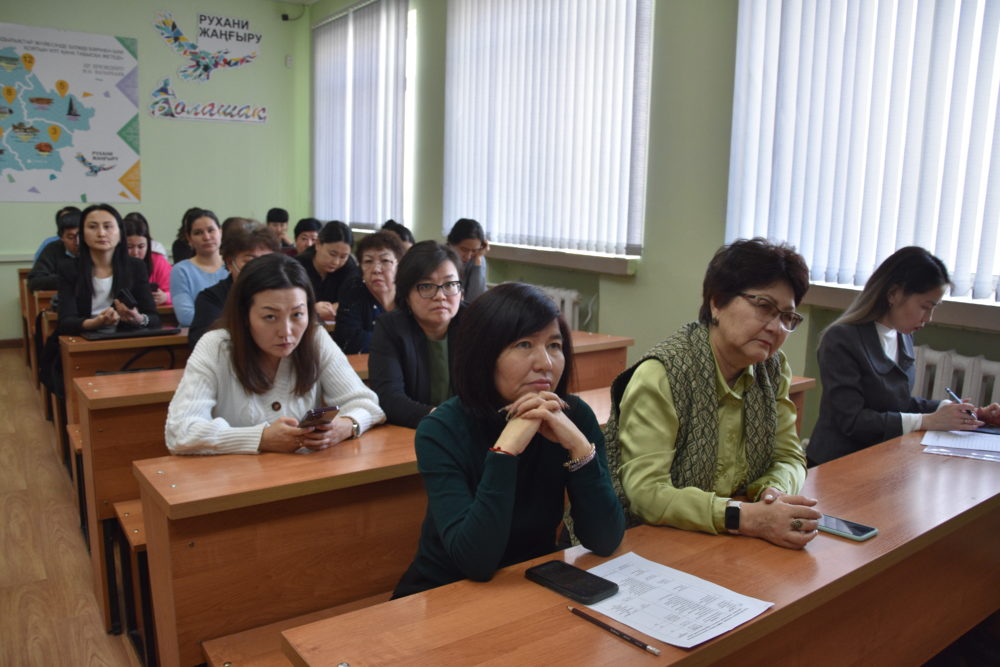
Problems of personal data protection in Kazakhstan.
Despite the development of legislation, there are a number of problems in the field of personal data protection:
Unsecured data protection at the citizen level: Many citizens of Kazakhstan do not know how to protect their personal data. For example, insufficient attention is paid to password security, and a uniform approach is used to create passwords for all services.
Lack of clear coordination between government agencies and private companies: Many companies that collect personal data (such as banks or online stores) do not always use up-to-date data protection technologies, and they do not always inform users about measures to protect them.
Problems with cybersecurity in government structures: Some government agencies still use outdated information security systems, which opens the door to cyber attacks and data leaks.
Lack of active measures to monitor and prevent data leaks: Kazakhstan does not yet have a well-developed system for rapid response to data leaks and attack prevention. In some cases, such incidents go unnoticed.
Measures to protect against online fraud and personal data protection.
The following steps are being taken in Kazakhstan to combat Internet fraud and protect personal data:
Raising public awareness:
Technical safety measures:
Threat registration and monitoring:
Improvement of legislation:
Partnership with international organizations:
Recommendations for citizens.
To protect their personal data and prevent fraud on the Internet, citizens of Kazakhstan are advised to:
Use strong passwords and enable multi-factor authentication on all online resources.
Do not share personal information, passwords or codes over the phone, in response to emails or messages in messengers.
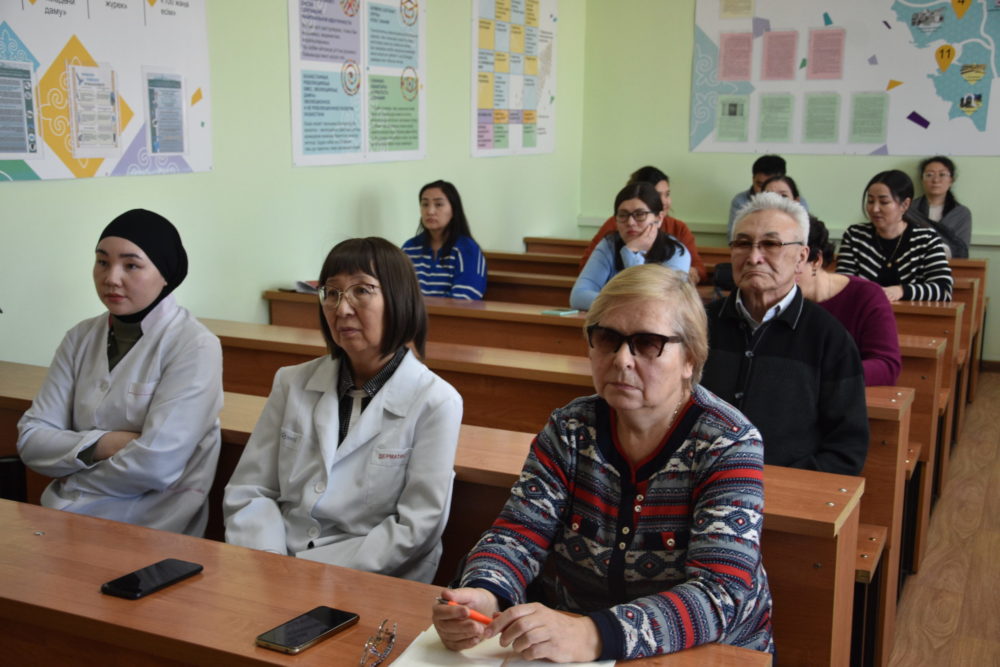
Verify the authenticity of sources: Always make sure that they are safe and trusted before clicking on links from emails or messages.
Use secure communication channels: When entering confidential information, make sure that the website uses an HTTPS connection.
Be careful about online trading and loan offers that may be fraudulent.
Prevention of online fraud in universities.
- Educational activities and awareness raising
- Implementation of technical safety measures
- Cooperation with law enforcement agencies
- Creation of an internal reporting system
- Prevention of financial fraud.
- Development of an internal security policy
The problems of preventing Internet fraud in universities require an integrated approach, including improving educational programs, improving digital literacy, strengthening technical security, as well as cooperation with law enforcement agencies. It is important that universities not only inform students and teachers about the risks, but also implement modern protection technologies, as well as create effective threat response mechanisms.
The prevention of online fraud in universities requires an integrated approach that includes both educational initiatives and the introduction of technological solutions. It is important not only to train students and teachers, but also to provide technical protection against threats. The right combination of educational and technical measures will significantly reduce risks and ensure the safety of the university in the digital space.

